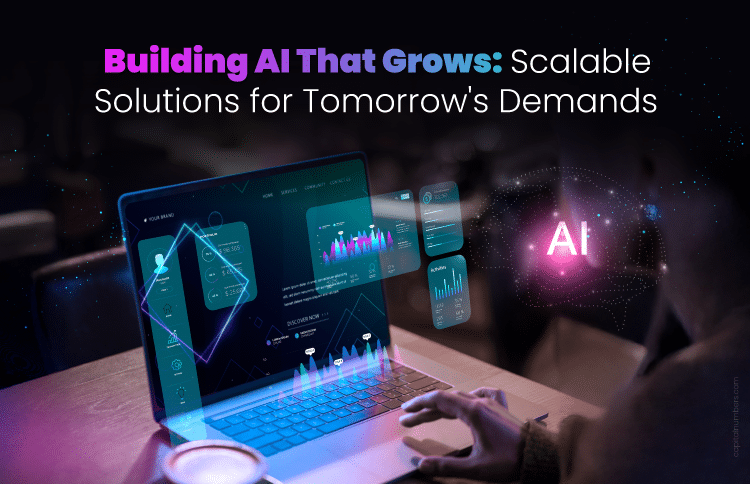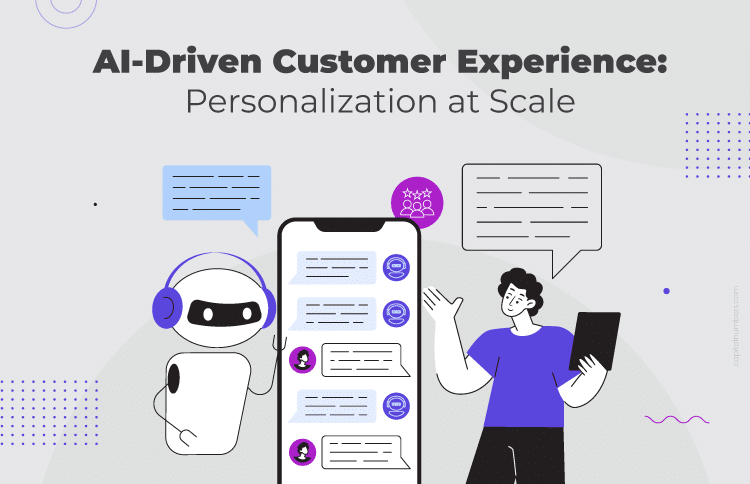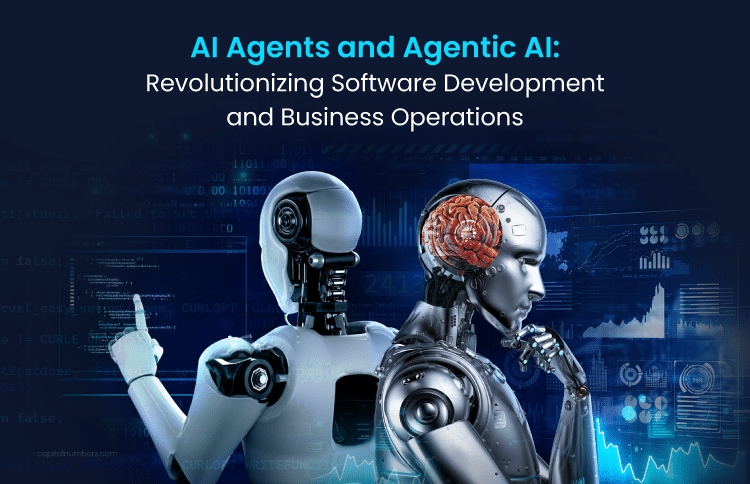Top React Libraries to Build Faster, Scalable Apps in 2025
React.js is one of the most widely used front-end frameworks for building modern websites and applications. Developed by Meta (formerly Facebook), React allows businesses to create responsive, fast-loading, and interactive user interfaces that enhance the customer experience. While React is powerful on its own, React libraries enhance development by providing pre-built functionalities that reduce manual …













